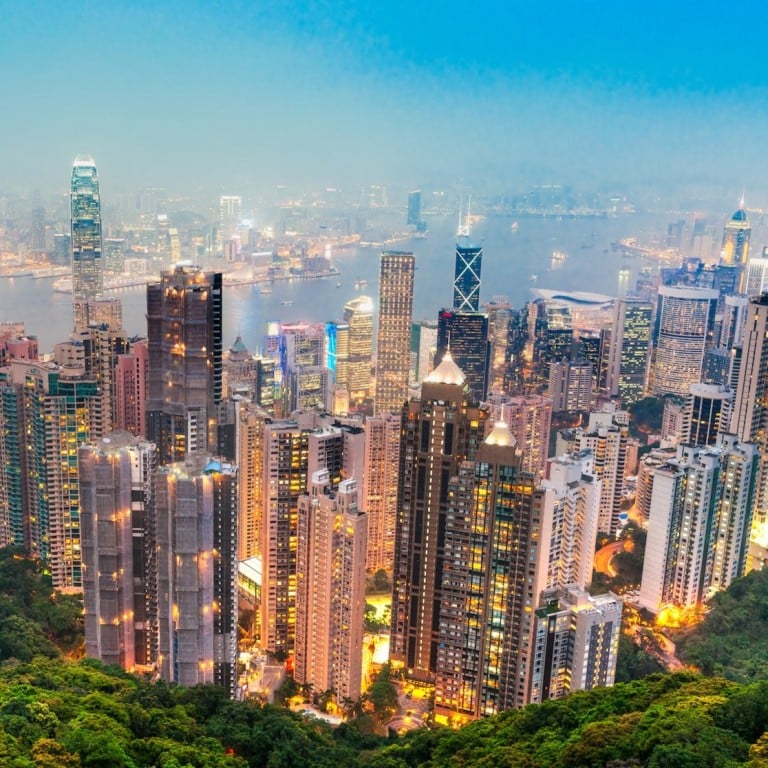Why did so many super-rich Hongkongers lose their billionaire status in 2018?

The number of billionaires in Hong Kong last year has declined – it is the steepest drop in collective wealth of any region worldwide
If you're a billionaire, Hong Kong is a risky place to call home.
At least, that is, for the stability of your net worth: in 2018, Hong Kong's high-net-worth population experienced the steepest drop in collective wealth of any region worldwide, according to French technology consulting firm Capgemini. The net worth of Hong Kong's wealthiest residents fell 13 per cent in 2018, compared to the global average of 3 per cent, according to Capgemini.
The key reason for this time I would say obviously, the market capitalisation was down around 12% and then the GDP growth was a decline rather than a growth, and then the real estate market is also cooling off in Hong Kong
In the 23rd edition of its annual World Wealth Report, Capgemini examines how high-net-worth individuals (HNWIs) manage their wealth. Defined as those with more than US$1 million, Capgemini found that 2018 was the first time HNWIs around the world experienced the first overall decline in their wealth in seven years.
In Hong Kong, one in 10 residents who began 2018 as HNWIs could no longer be considered as such by the year's end. Such losses are not atypical for Hong Kong’s wealthy residents, who Capgemini describes as “consistently sensitive to equity market movements”.
Hong Kong's wealthiest often enjoy the greatest profits when the markets are bullish, but experience the steepest losses during market routs, said Chirag Thakral, Capgemini's deputy head of the Global Financial Services Market Intelligence Strategic Analysis Group.
Thakral chalks the decline in Hong Kong’s wealth up to two main factors.
“The key reason for this time I would say, obviously, the market capitalisation was down around 12 per cent and then the GDP growth was a decline rather than a growth, and then the real estate market is also cooling off in Hong Kong,” Thakral said. “Those factors put together were the reasons which led to the overall Hong Kong equity market going down, which affected the Hong Kong billionaires – or the millionaires – this year.”
The losses weren't limited to Hong Kong, however. HNWIs across Asia at large performed worse than their counterparts in Europe, North America, and the Middle East in 2018, Capgemini reported. In 2018, the number of billionaires in each of what the research firm Wealth-X calls “the major Asia-Pacific billionaire countries” – China, India, Singapore, and Hong Kong – declined.
In 2018, the number of billionaires in each of what the research firm Wealth-X calls ‘the major Asia-Pacific billionaire countries’ – China, India, Singapore, and Hong Kong – declined
And last year was the worst year for Chinese stocks in a decade, ending the year 24 per cent lower than it was at the close of 2017, according to CNBC. The budding trade war between the United States and China also decreased global demand for Asian goods, Wealth-X reported.
The only region in the world where the ultra-wealthy did not end 2018 worse off than they began it was the Middle East, according to a previous Business Insider report.